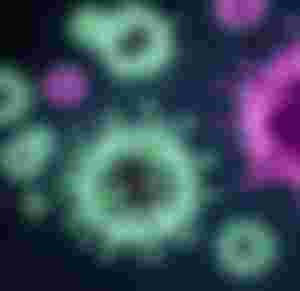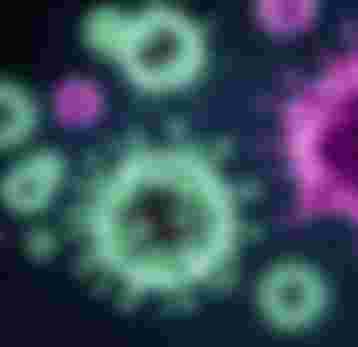
The first vaccine based on informational ribonucleic acid RNA (mRNA) began to be administered after a record fast production in order to end the covid-19 pandemic.
Although this technology is not new, it is the first time that such a vaccine has been approved for use, so there are still concerns about its safety. Stories that the vaccine based on mRNA changes human DNA are scientifically unfounded and that, although the vaccine was obtained faster than usual, the way to check its safety has not been shortened.
Some vaccines, such as polio or most flu vaccines, use a weakened virus that causes a reaction in the immune system. Other vaccines, such as against hepatitis B, contain a viral protein to which the body responds by making antibodies.

The vaccine based on mRNA contains information, ie instructions for building a viral protein that the organism makes itself and thus causes an immune response.
Although the vaccine start use those days is the first mRNA vaccine to go through all phases of a clinical trial and get permission to use it, that technology has been studied for some time. Tests of cancer vaccines using the same technology have been conducted since 2011, and if there is a problem with that technology, it has certainly been seen so far.
One of the concerns raised by the covid-19 vaccine is that the mRNA vaccine may alter human DNA. that idea is "completely wrong" and has no scientific basis. "The mRNA-based vaccine will not enter the cell nucleus, where our DNA is located."

When the inserted mRNA enters the human cell, it decomposes quickly and remains in the body for only a few days. Therefore, it is necessary to receive two doses of the vaccine in order to develop the best immune response. mRNA vaccines are very specific. The new coronavirus, sars-kov-2, has a complex structure and different parts of the virus activate the immune system to produce different antibodies that neutralize the virus.

If an unvaccinated person becomes infected with the virus, they will produce antibodies that prevent the virus from entering the human cell. It can also produce antibodies that do not have a great effect. And in some cases, a person can make antibodies that actually help the virus enter the cells. Vaccines based on mRNA are much more specific. They are designed to elicit an immune response only to the S protein of the virus, which is only one component of the viral membrane and allows the virus to attack human cells.
Previous research has shown that the vaccine does not elicit an unwanted immune response, but that it is important to ensure that the immune response elicited by the vaccine is concentrated on the S protein of the virus.

Many are concerned about whether there have been omissions in the production of the vaccine in the procedures that are mandatory because it is a process that requires much more time. The process was faster because researchers had already created an mRNA platform, a way to insert viral mRNA into the body, for other vaccines being tested. Also, private companies and governments took the risk and started producing vaccines before the first phases of the experiments were completed, meaning they were ready to begin testing on humans as soon as the results were obtained.
The vaccine partially works by causing local inflammatory reactions to activate the immune system. This means that it is normal for many to feel pain at the injection site, and sometimes fever and discomfort one or two days after vaccination.
The main concern is that people will use possible side effects as an argument not to get vaccinated. The biggest risk right now, especially for vulnerable groups, is not getting the vaccine.





I don't believe in this accelerated vaccine, only if they have already made it when they sucked the virus. As they can't make a vaccine for other diseases, they have confused this for a while, do people think in 10 years what will happen.